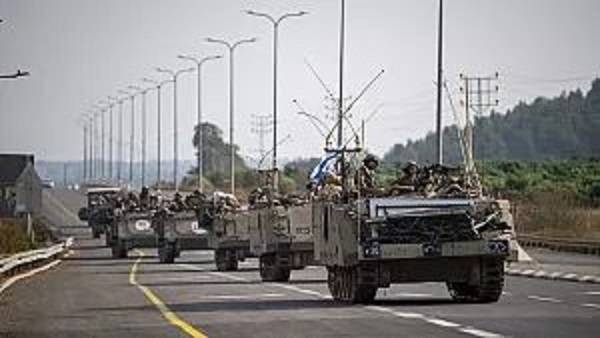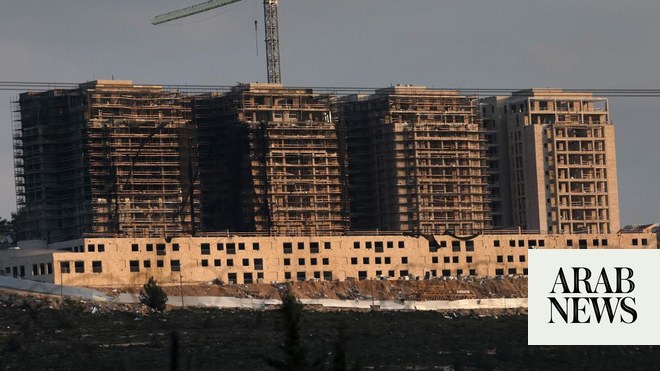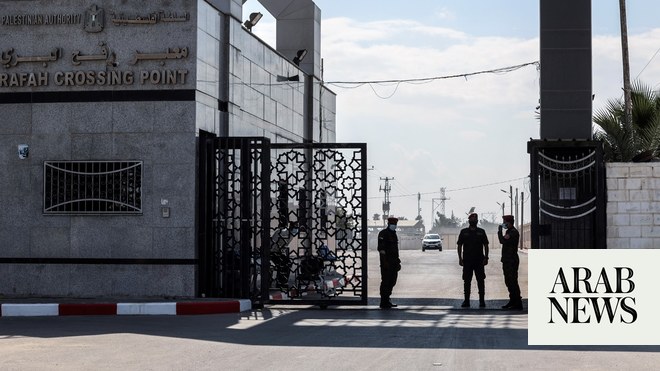
The Palestinian-Israeli relationship has come down to a one-sided vicious circle of events in which the violence committed against Palestinians is often far worse than that against Israelis.
Incidents committed by Palestinians are treated as acts of “terrorism,” which automatically implies that the violence was provoked by Palestinians and that Israel’s response is therefore “justified.”
Yet that is far from the truth. Israel’s government uses this one-way street of a narrative to keep its American allies in line and suppress questions US lawmakers might have about the incidents, especially when they are presented as cases of Israel “responding” to violence rather than provoking it, which is almost always the case.
This makes it easy for a majority of American politicians to support the abusive conduct and apartheid policies of the Israeli government with a shrug of approval and no substantive action to end it or secure justice for the real victims.
Nearly every week, a Palestinian is killed in the Occupied Territories but Israel’s propaganda machine spins the violence as acts caused by those who are driven by “anti-Semitism,” “Jew hatred” or simply “terrorism.” Very few people pay attention to what Israel does and most of the Israeli news media, with very few exceptions, acts more like a public relations consulting firm than a truly independent media when it comes to defending Israel.
This week, the headline is that a 17-year-old Palestinian, Mohammed Abu Sala, was killed during an Israeli military raid to crack down on “terrorists” in the village of Silat Al-Harithiya near Jenin. He was shot in the head by an Israeli soldier while protesting against Israeli plans to destroy the home, in the village of Burqa, of Mohammed Jaradat, a Palestinian suspected — not convicted, not charged, not tried — of being involved in the killing of Israeli settler and religious extremist Yehuda Dimentman in December.
Dimentman came from Homesh, an extremist settler outpost with a long history of residents harassing nearby Palestinians villages, farmers and civilians. It was founded in 1978 on more than 173 acres of Palestinian farmland and properties taken by the Israeli government from Burqa, a village located between Nablus and Jenin in the northern West Bank. Homesh was shut down in 2005 when there was a hope for peace but reopened and settled, again illegally, in 2007.
Tensions have been aggravated by the fact that Israeli soldiers who respond to confrontations always take the side of the armed Jewish settlers. In fact, Homesh was a Nahal, or paramilitary settlement, when it was founded.
One reason why news of attacks on Palestinians does not get out as clearly as news about violence against Israelis is that the Palestinians have no cohesive leadership.
Ray Hanania
In an apparent act of revenge for recent violence against Palestinians in Burqa, some Homesh settlers were attacked. Jaradat, the man suspected of killing Dimentman, comes from a village further north from Jenin. The killing was an apparent revenge attack by unknown Palestinians from the Burqa region.
To understand the extent of the violence committed by armed settlers and the Israeli military, you can visit the website of B’Tselem, the Israeli Information Center for Human Rights in the Occupied Territories, which despite bullying and demonization by the Israeli government, society and media continues to document the violent acts that Israel marginalizes and excuses.
In January, there were nine major incidents during which settlers and soldiers attacked Palestinians. In December, there were 20 violent attacks by armed Israeli settlers, many of them in and around Burqa, Nablus and Jenin.
During an incident in September, a group of masked Israeli settlers armed with guns, rocks and clubs attacked Palestinians in the Southern Hebron village of Al-Mufuaqara, seriously injuring 12 people and breaking every window in the village.
The attack was documented by B’Tselem, which is one reason why Israel’s government announced last year that it would shut down “pro-Palestinian” human rights organizations, declare them to be terrorist organizations and evict the volunteers that work for them.
Without them, you would not hear about all of the Israeli violence against Christian and Muslim Palestinians living under occupation in the West Bank.
Had the attackers been Palestinians targeting Jews, the incident in Al-Mufuaqara would have made the front pages of most major American newspapers and would have been compared to Krystallnacht, the Nazi night of rage in November 1938 when every window of every Jewish business in Germany was smashed by government storm troopers.
Palestinians suffer some form of Krystallnacht almost every week under the Israelis.
Abu Sala, the 17-year-old Palestinian killed by Israeli soldiers, was protesting against Israel’s violations of the International Rule of Law. Those laws, the Fourth Geneva Convention, prohibit an occupying military force from confiscating land, evicting civilians, establishing settlements or engaging in extrajudicial violence against civilians.
It specifically prohibits “collective punishment,” yet this is exactly what Israel does all the time. The Israelis destroy the home or homes of a Palestinian family or families who might have a connection to any Palestinian accused or suspected (but never convicted, tried or even formally charged) with engaging in any form of violence defined by Israel as “terrorism.”
One reason why news of attacks on Palestinians does not get out as clearly as news about violence against Israelis is that the Palestinians have no cohesive leadership. They are divided, factionalized and constantly engaged as much in fighting among themselves as in defending themselves against Israeli aggression.
There is no single leader who can bring everything together in a powerful message that could open the eyes of the US politicians who blindly support Israel without ever knowing about the violence committed by Israelis against Palestinians.
Until another powerful, charismatic champion of justice such as Yasser Arafat rises from the ashes of justice, this is unlikely to change.
Ray Hanania is an award-winning former Chicago City Hall political reporter and columnist. He can be reached on his personal website at www.Hanania.com. Twitter: @RayHanania
Disclaimer: Views expressed by writers in this section are their own and do not necessarily reflect Arab News" point-of-view












